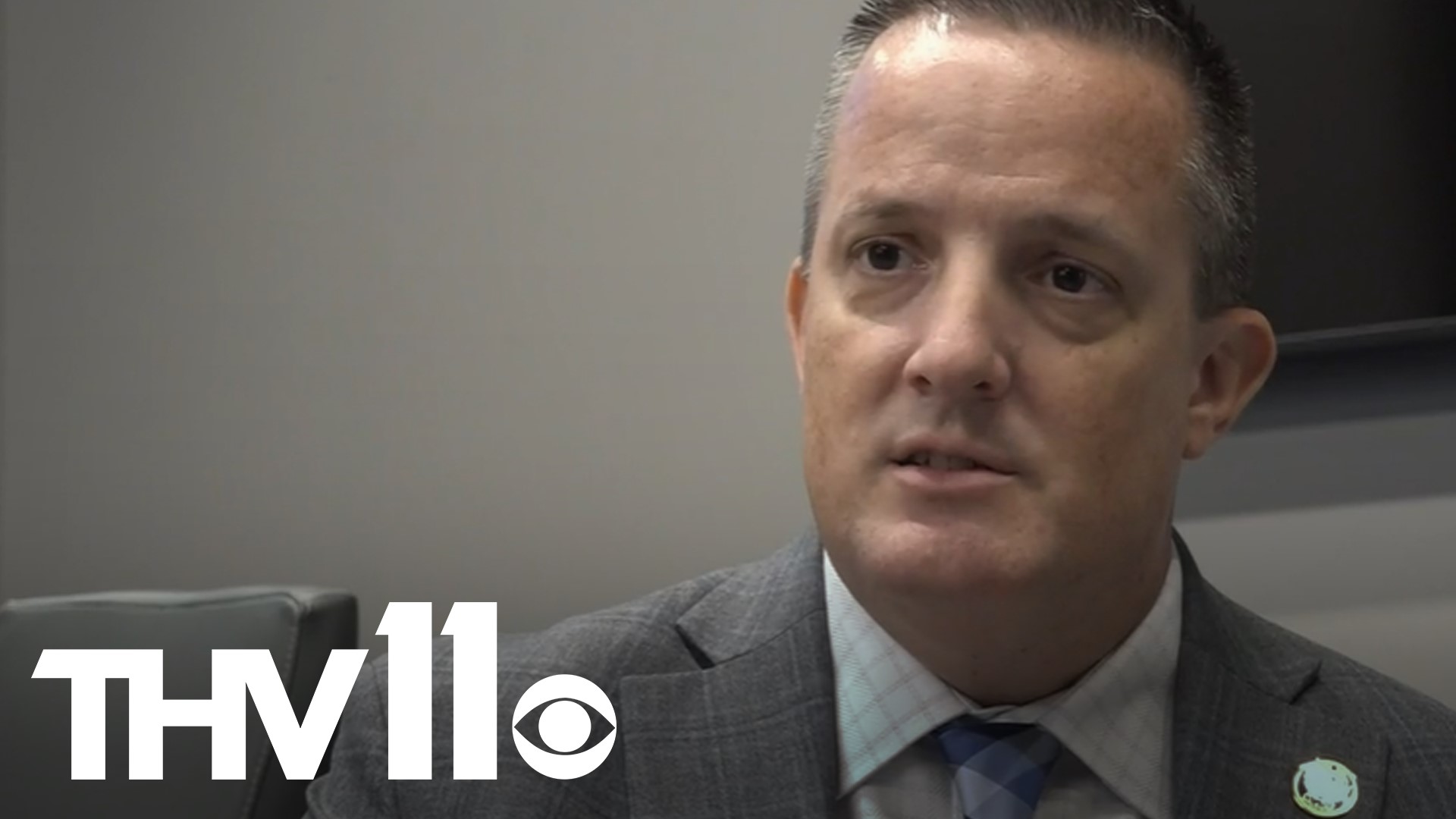LITTLE ROCK, Ark. — The Little Rock Police Department has stepped up its response to the ongoing mental health crisis.
As police get more of those calls, they've been adding more positions to help.
"It is a rise. There's no doubt that, like anybody that you talk to in law enforcement, or specifically the mental health field, that is a problem," Little Rock Police Chief Heath Helton said.
A new collaboration between Little Rock Police and UAMS aims to help with the problem— a 500-thousand-dollar grant will help to expand the department's Crisis Response Unit.
"We're going to be allowed to hire two additional social workers and then two officers to assist. So that'll that'll take our social workers up to five total. Currently, the team that we have together, which is our Community Response Team, has four officers, so I'll be able to expand that out to six. So it's a game changer," Chief Helton explained.
He said that having more of those positions will help take some of the pressure off of the regular patrol officers.
"They will work closely with our social workers to make sure that we're getting those who are in some kind of crisis, or facing some kind of substance abuse challenge. Get them the assistance that they need. So they're not finding their way into the being incarcerated, or things of that nature," he added.
LRPD's social work manager Mallory Visser Pardee said the new program helps those in a mental health crisis even after it's over.
"We're able to connect with them before they go into the hospital, connect with them throughout their stay. And then once they get released, continue that case management service. So by providing those additional callbacks, we're maintaining that relationship," Visser Pardee said.
While this is a step in the right direction, Visser-Pardee said there's still more work to be done.
"We need more services and we need more money put towards mental health services within the community and within the state," she said.
The program is the first of its kind in the city and the grant will last for three years.

